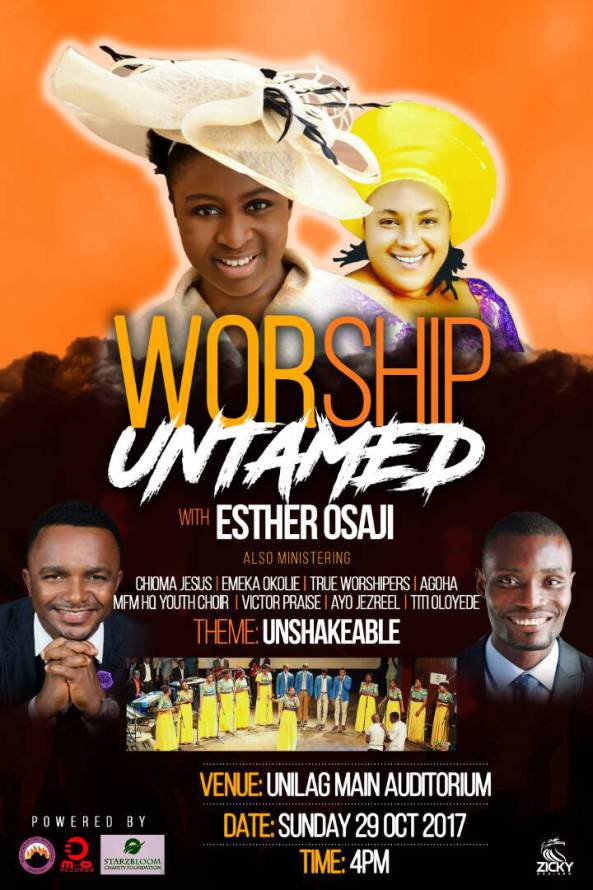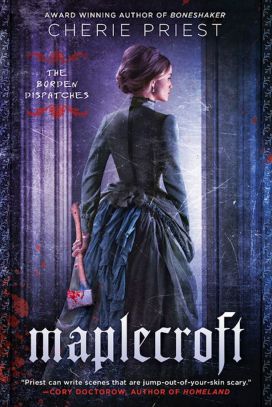The Curse of Chalion is a secondary-world fantasy based off Spanish history–the youth of Isabel I and the Reconquista. Names and some events are changed, but there are clear analogues. Of course, the titular curse is fictional, tying together a string of bad luck in real life as a magical disaster haunting the royal family.
I enjoyed the book greatly–whether you know the history it’s drawing on or not, it’s a wonderful theological adventure, in which fantasy gods play a prominent role. My post however will be less about the book’s many good qualities, and more about something that troubled me.
I don’t pretend to know a lot about the Reconquista, but I do know that during Isabel’s reign, Muslims and Jews were expelled from the country. In this fantasy world, the Christian equivalent are Quintarians, worshippers of the Five Gods, whereas the Muslim equivalent, the Quadrenes, see one of the gods as a demon and do not worship him. In general, the fictional religions have nothing to do with their real life counterparts–the only reason I call them equivalents is because of their position in the political situation. For example, the Quintarians are accepting of homosexuality, because it’s thought to be part of the fifth god’s domain. Obviously 15th century Christians were monotheists and also thought homosexuality a sin.
There is no equivalent population to the Sephardic Jews in this story, which greatly simplifies the ethics of the situation. There also don’t appear to be any equivalent to the moriscos–Muslims of Spanish rather than Moorish origin–which again makes it a lot more clear-cut. There are invaders, occupiers to be kicked out, and no collateral damage along the way. Moreover, the Quintarians are, in the context of the book, objectively right about their religious beliefs. The Quadrenes are simply wrong. 
Now this is obviously not a direct take on the Reconquista and assorted fallout, but a world where magic is real. It still troubled me how thorny historical issues and atrocities are smoothed out in the fantasy world, when it’s so easy to draw equivalents to the real world (Isabel=Iselle, Enrique=Orico, Beatriz de Boabadilla=Betriz). Iselle herself is a lot less complicated and flawed than her real-life counterpart, because she simply has a less complex situation to deal with.
Another series that similarly troubled me was Aliette de Bodard’s Aztec books, in which the Aztec gods are real and demand human sacrifice. This takes place in a world exactly like our own otherwise, without the poetic license of a true secondary world. It seems to justify to some degree the human sacrifices of the Aztecs, making the historical crime of unwilling sacrifice much more palatable.
I don’t have an easy solution for any of this. In fact, I think fiction and particularly fantasy is a good place to explore issues and counterfactuals that make no sense or are even dangerous ideas in the real world. I loved The Curse of Chalion in part because I could recognize how Bujold had taken real events and cleverly made them fantastical, and I am reading the sequel, Paladin of Souls. But the ethics of using and twisting real history in fantasy bothered me nonetheless.
Advertisements Share this:




